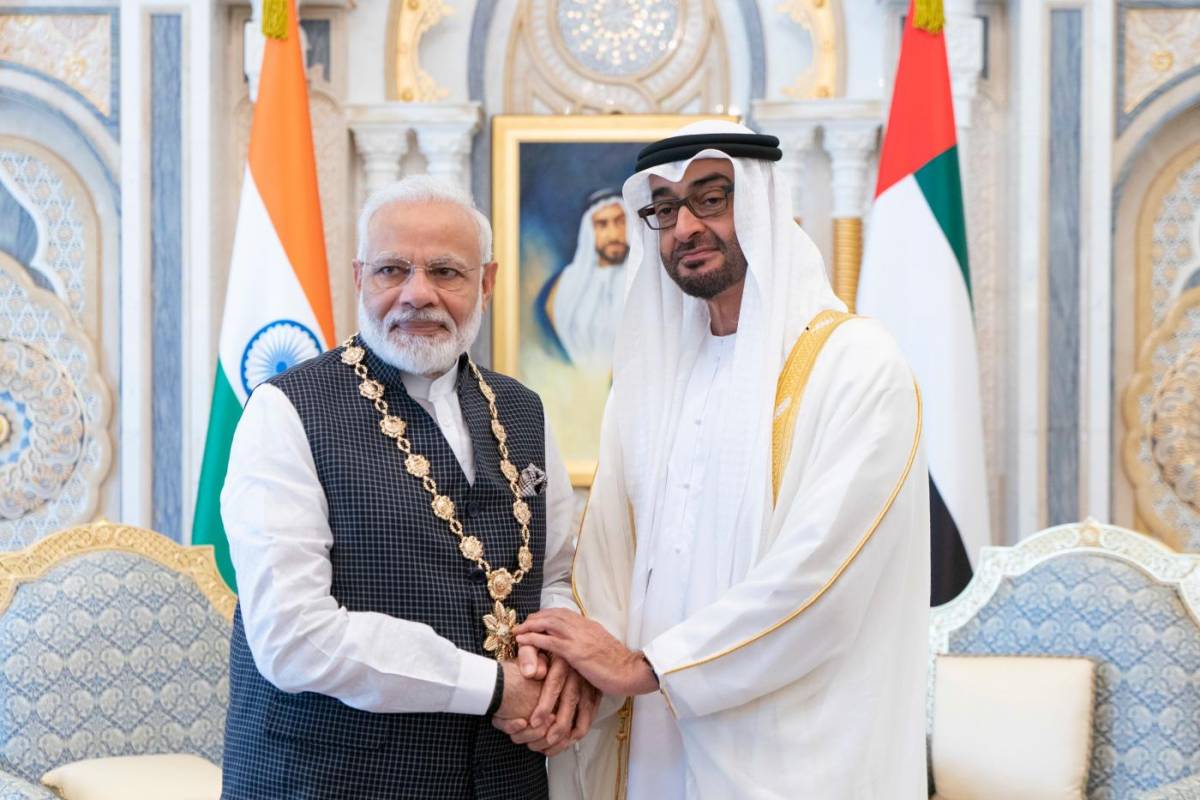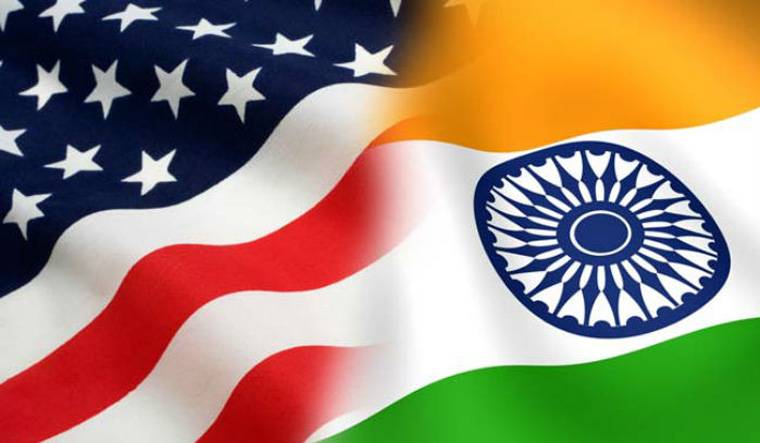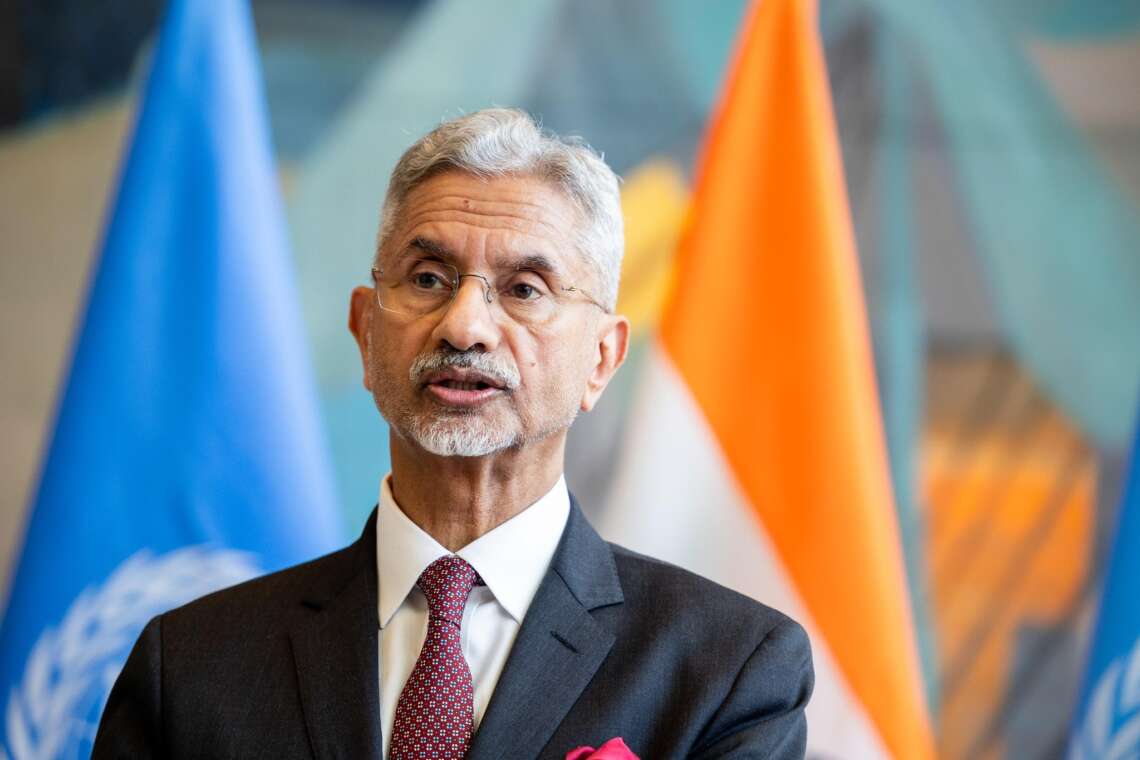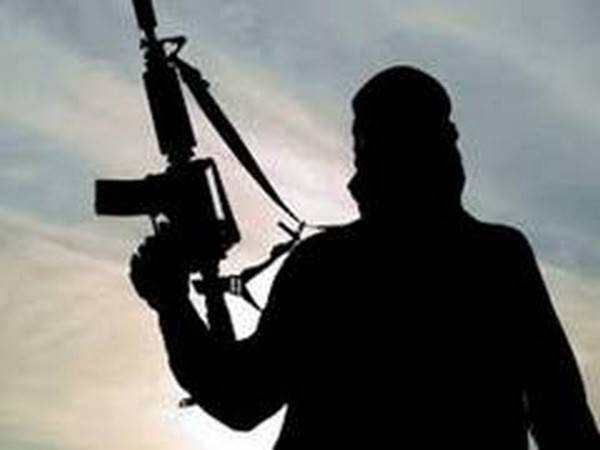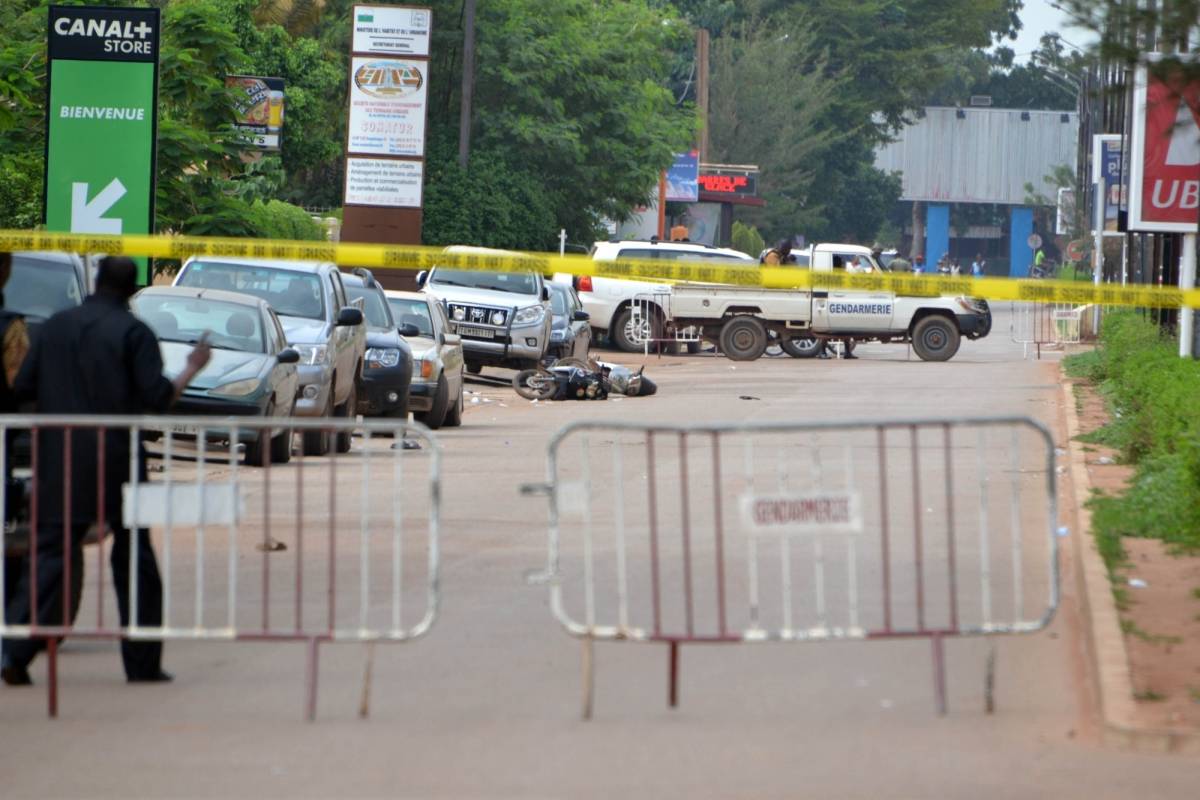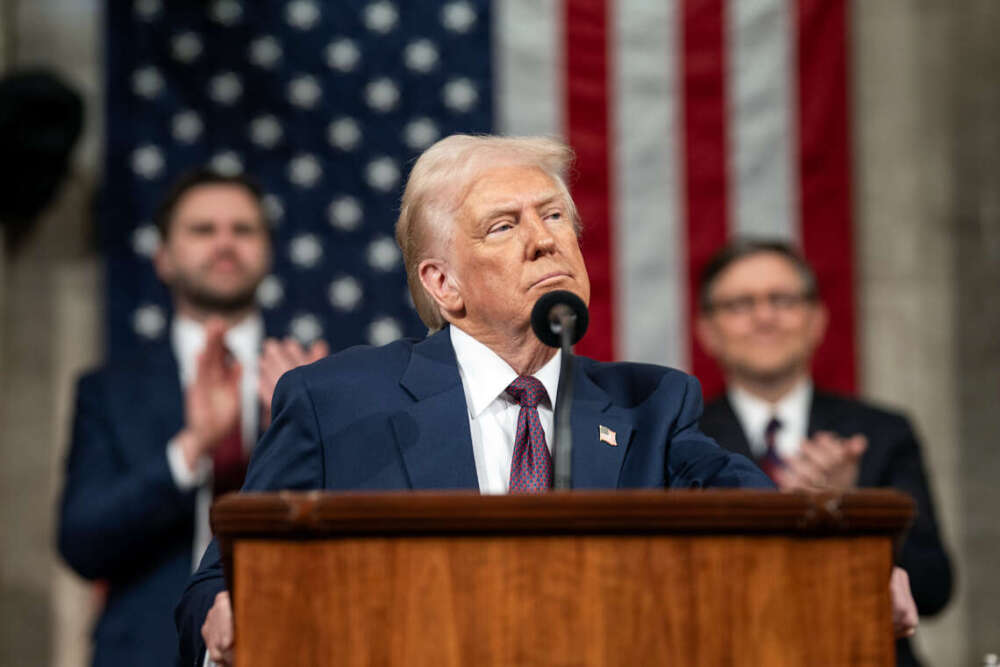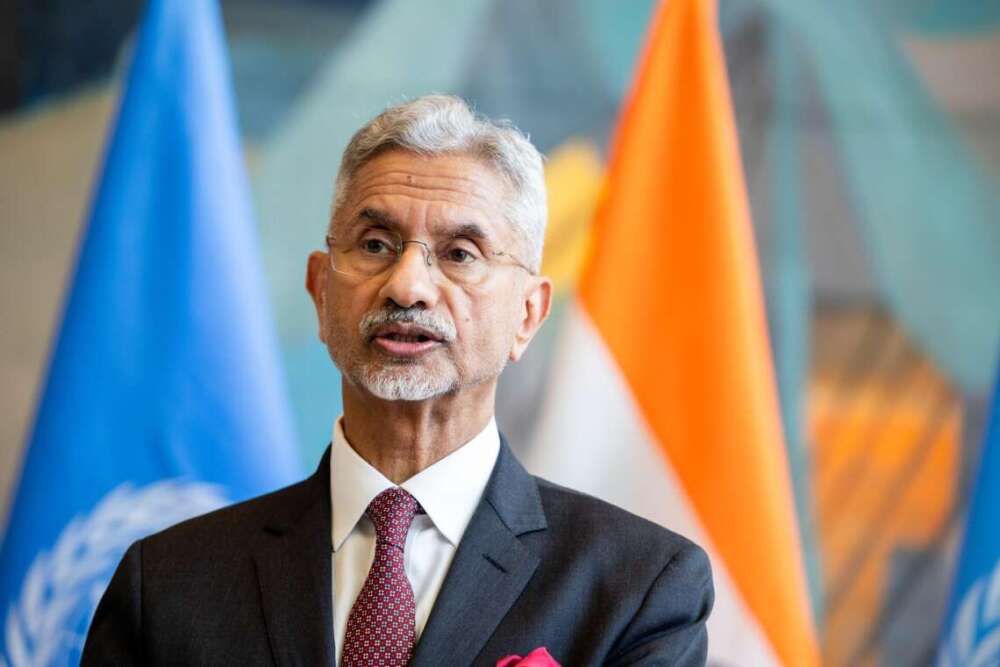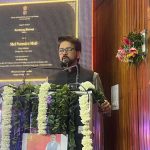As the US recalibrates its strategic priorities in the region—pivoting to the southeast of Asia, the leaders of this region are finding themselves pushed to cement new alliances. India has presented itself as a new regional and world player in many fields. Building on historical ties the leaders of the Gulf States have developed a new appreciation of their partnership with India … writes Osama Al Sharif
Sub-continental India has been central element in the Arabian Gulf’s cultural and economic life for millennia, but it is in the past few decades that the relationship had become much more relevant to the newly independent Gulf States. As early as the late 1950s and mid-1960s, as recently discovered oil fields began ushering in a new chapter for the peoples of the Gulf, Indian merchants and expatriates began arriving in a region that, for hundreds of thousands, would become home for many years.
India, a nation emerging from decades of British colonialism, had awoken to the lucrative opportunities the oil-rich Gulf States had provided. It was a symbiotic relationship. The Gulf needed everything from day labourers to a middle class merchants and businessmen. And so a partnership was formed—one that endures until today.
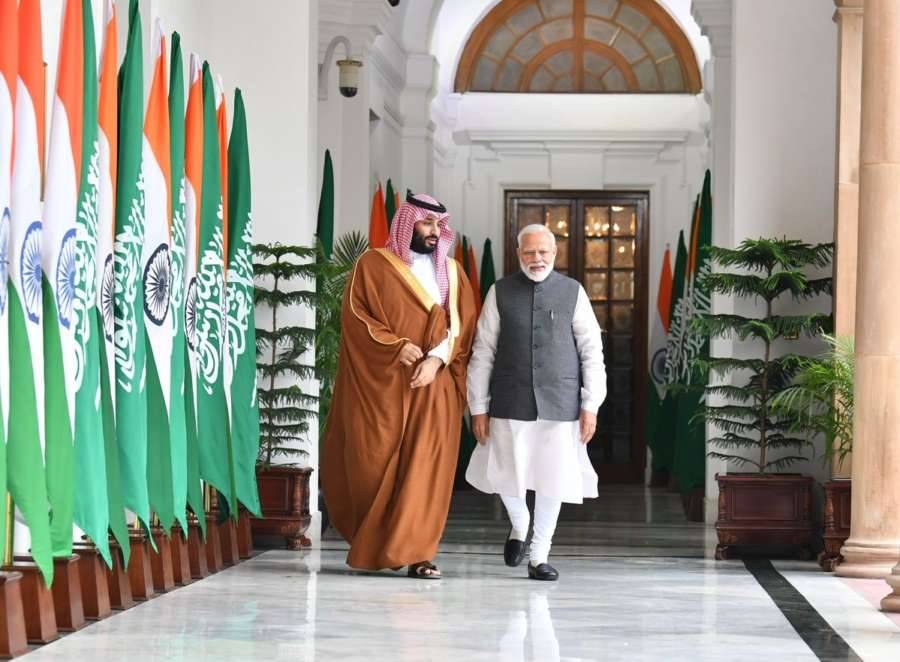
As the British loosened their grip hold over their former Gulf protectorates, a new dawn of geopolitical reality had arrived. The Americans had replaced the British in most of the Middle East as the Cold War reached its zenith in the 1960s and ‘70s. The Indian subcontinent had taken different political directions. India had become an ally of the then Soviet Union. Pakistan became a CIA listening post covering West Asia. But politics aside, the pro-western Gulf States continued to do business with India and Pakistan and other West Asian countries.
ALSO READ: UAE, Turkey sign new agreements during Erdogan’s upcoming visit
Fast forward, the geopolitical scene had changed. India today is a close US ally and ties between Pakistan and the Gulf had gone through tumults and upheavals in the past 20 years. India was emerging as an economic giant. It was only natural that countries like Saudi Arabia and the UAE saw India as a partner in trade, technology and two-way investments.
As much as manpower continues to be India’s main export to Gulf States, the reality is that it was no longer day labourers that the sub-continent provided but entrepreneurs, savvy new technology experts and shrewd investors.
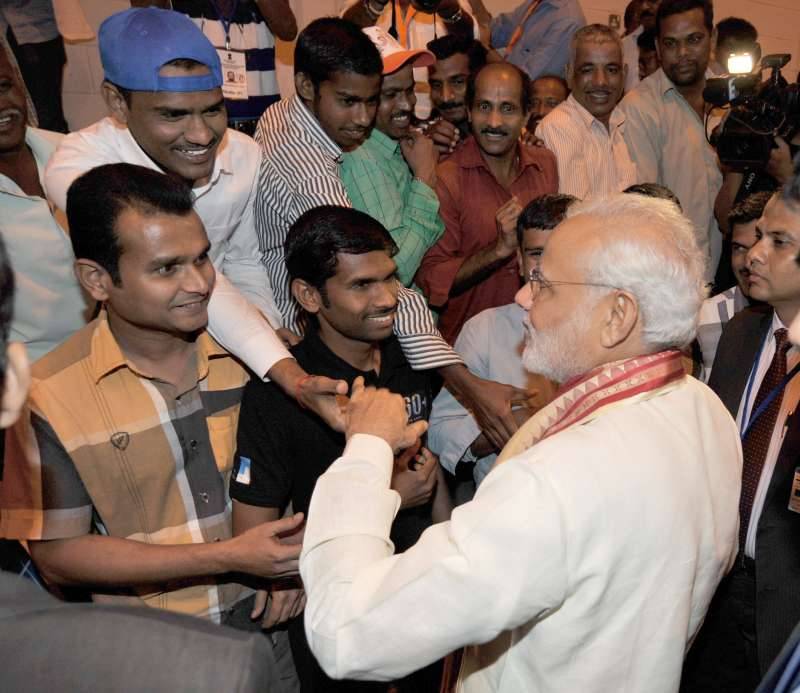
The UAE is a good example of how commercial and trade ties had developed between the two countries. Bilateral trade between the two was $180 million in the 1970s. Today it is estimated at $59 billion annually, making the UAE the third largest trading partner with India. Moreover, Indian investments in the UAE are estimated at around $85 billion. There are 4365 Indian companies, 238 commercial agencies and 4862 trademarks registered in the Gulf state.
Last November it was reported that up 66 percent of Indian nationals living in the UAE plan to increase their investments in the country over the next three years, according to HSBC’s Global Indian Pulse report. The main areas of investment are real estate, stock markets, and private businesses, the report found.
By the same token, an Indian minister revealed last October that the UAE government has committed to invest $75 billion sovereign funds in India. Most of these investments will go to develop clean energy. Moreover, the Indian embassy in Abu Dhabi reported last year that the UAE’s investment in India is estimated to be around $17-18 billion of which $11.67 billion is in the form of FDI while the remaining is portfolio investment. UAE is the 9th biggest investor in India in terms of FDI. The UAE sovereign wealth funds invested over $4.12 billion in India during FY 2020-21.
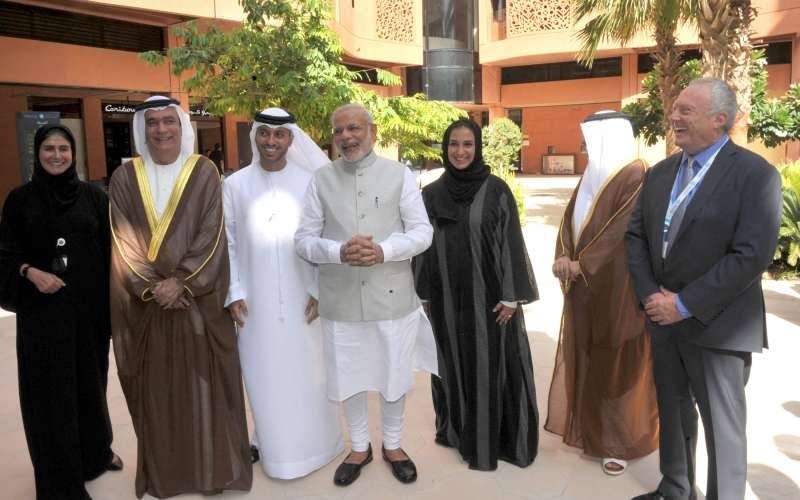
But beyond trade and investment the region is witnessing important geopolitical tremors that necessitate a new inter-regional approach that cover mutual security, anti-terrorism, cybercrime and non-state actors. The historical visits exchanged between 2017 and 2018 by Abu Dhabi Crown Prince Mohammed Bin Zayed and Indian Prime Minister Narendra Modi–the latter paid two visits in two years, testify to a robust developing partnership between the UAE and India in a new regional order.
Likewise, in 2019 Saudi Arabia’s Crown Prince Mohammed bin Salman was hosted by Modi in an historical visit that underlined Riyadh’s new regional approach. Bin Salman announced, during his visit, that the Kingdom would be investing $100 billion in India in diversified sectors such as energy, refining, petrochemicals, infrastructure, agriculture, minerals and mining, manufacturing, education and health in the forthcoming years.
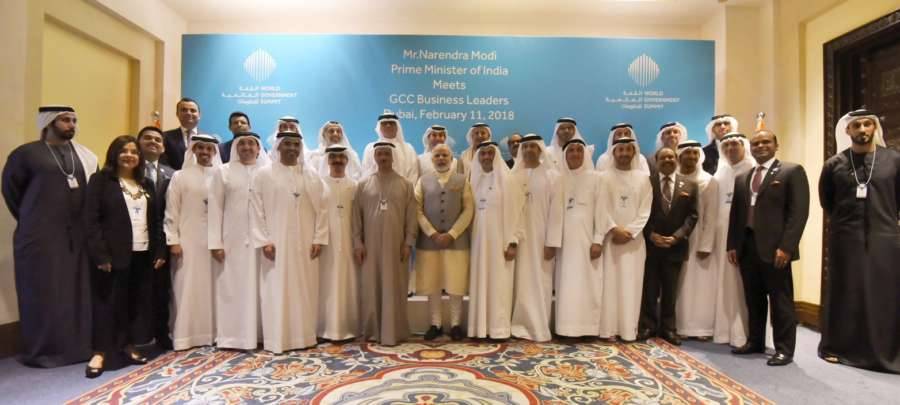
As the US recalibrates its strategic priorities in the region—pivoting to the southeast of Asia, the leaders of this region are finding themselves pushed to cement new alliances. India has presented itself as a new regional and world player in many fields. Building on historical ties the leaders of the Gulf States have developed a new appreciation of their partnership with India.
Of course the Indian sub-continent includes other state as well. But with India the Gulf leaders see a more balanced relationship. The same may not be said of Pakistan, Bangladesh and Afghanistan. For India, the Gulf States provide a sure path to repositioning itself in the Middle East as whole. As an emerging power, India, like China, is looking to play a more critical role in global affairs. The Arabian Gulf provides an ideal gateway!
(Osama Al Sharif is a journalist and political commentator based in Amman)


